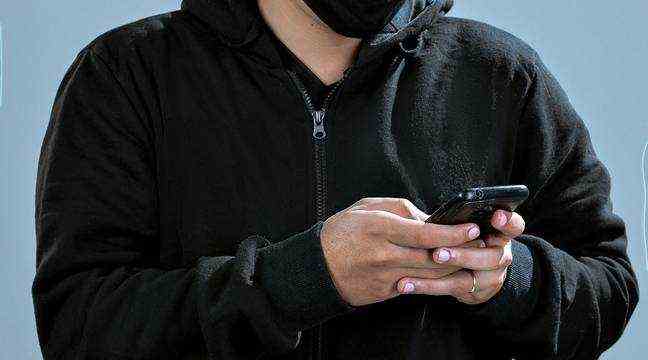Human rights activists, journalists and opponents around the world have been spied on using software developed by an Israeli company, according to an investigation published in several media on Sunday.
NSO Group spyware Pegasus, if inserted into a smartphone, can retrieve messages, photos, contacts, and even listen to calls from its owner.
At least 180 journalists, 600 politicians
The company, founded in 2011 and which has regularly been accused of playing into the game of authoritarian regimes, has always ensured that its software was only used to obtain information against criminal or terrorist networks.
But organizations Forbidden Stories and
Amnesty International were given access to a list, compiled in 2016, of 50,000 phone numbers that NSO customers had selected for potential surveillance. It includes the numbers of at least 180 journalists, 600 politicians, 85 human rights activists, or 65 business leaders… according to an analysis carried out by 17 editorial staff.
On this list, appears in particular the number of a Mexican journalist Cecilio Pineda Birto, shot dead a few weeks after his appearance on this document. Foreign correspondents from several major media, including the Wall Street Journal, CNN, France 24, El País, or AFP are also part of it, as well as Edwy Plenel, of Mediapart.
Other names of personalities on the list will be disclosed in the coming days by the media consortium that conducted the investigation, including Le Monde, The Guardian, and The Washington Post.
Jamal Khashoggi’s relatives spied on
Their journalists met some of those targeted and recovered 67 phones, which were the subject of a technical expertise in an Amnesty International laboratory.
It confirmed an infection or attempted infection with NSO Group spyware for 37 devices, according to reports released on Sunday.
Two of the phones belong to women close to Saudi journalist Jamal Khashoggi, murdered in 2018 in his country’s consulate in Istanbul by a commando of agents from Saudi Arabia.
For the other 30, the results are not convincing, often because the owners of the numbers have changed phones.
“There is a strong temporal correlation between when the numbers appeared on the list and when they were placed under surveillance,” said the Washington Post.
This analysis, which undermines the company’s communication, comes in addition to a study, conducted in 2020, by the Citizen Lab at the University of Toronto, which had confirmed the presence of the Pegasus software in the phones of dozens of employees of the Al-Jazeera channel in Qatar.

